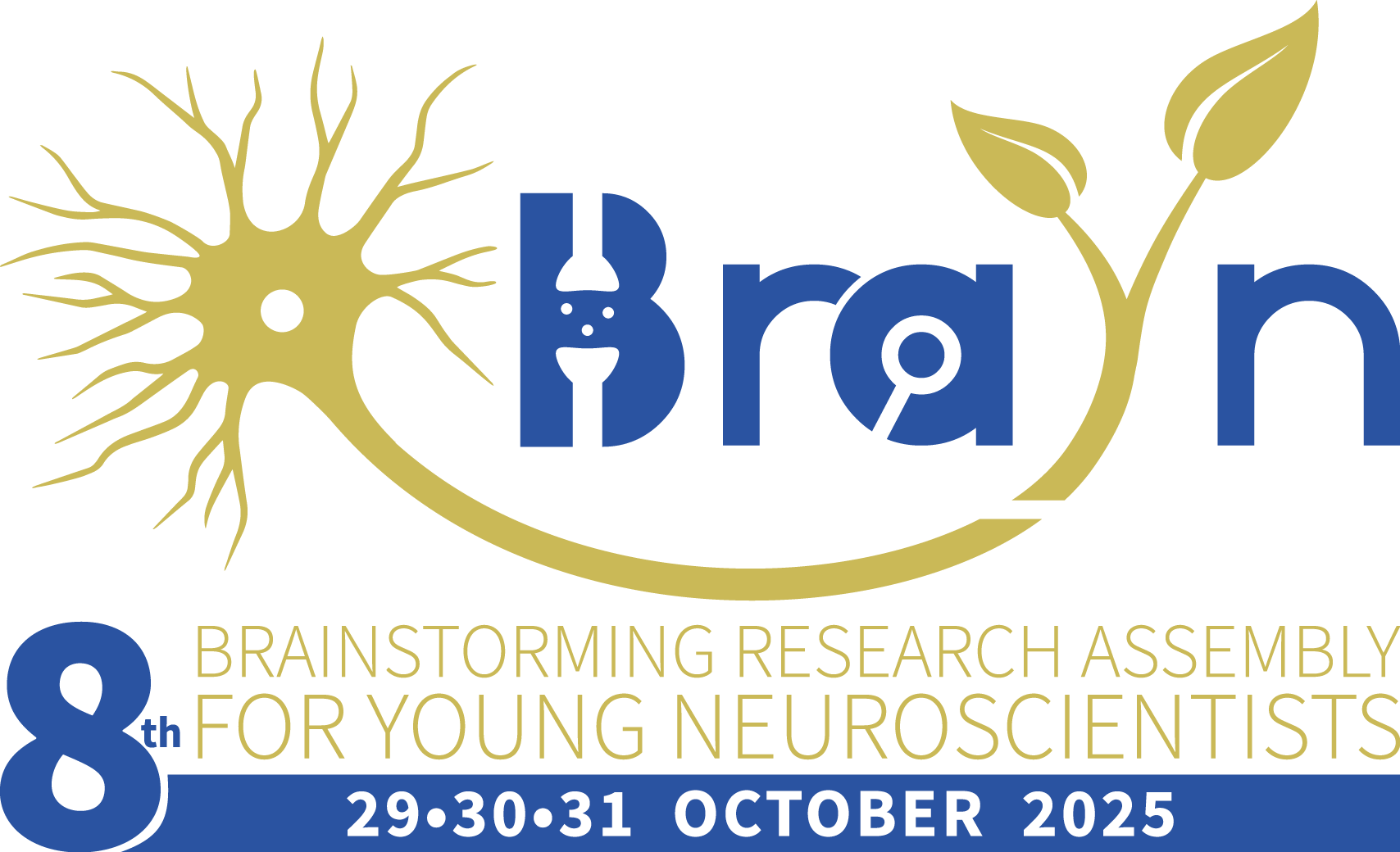Scientific Program & Book of Abstracts
Page being updated
SOON AVAILABLE
Invited Speakers
SOON AVAILABLE
Click on the photo to see the biographical sketch
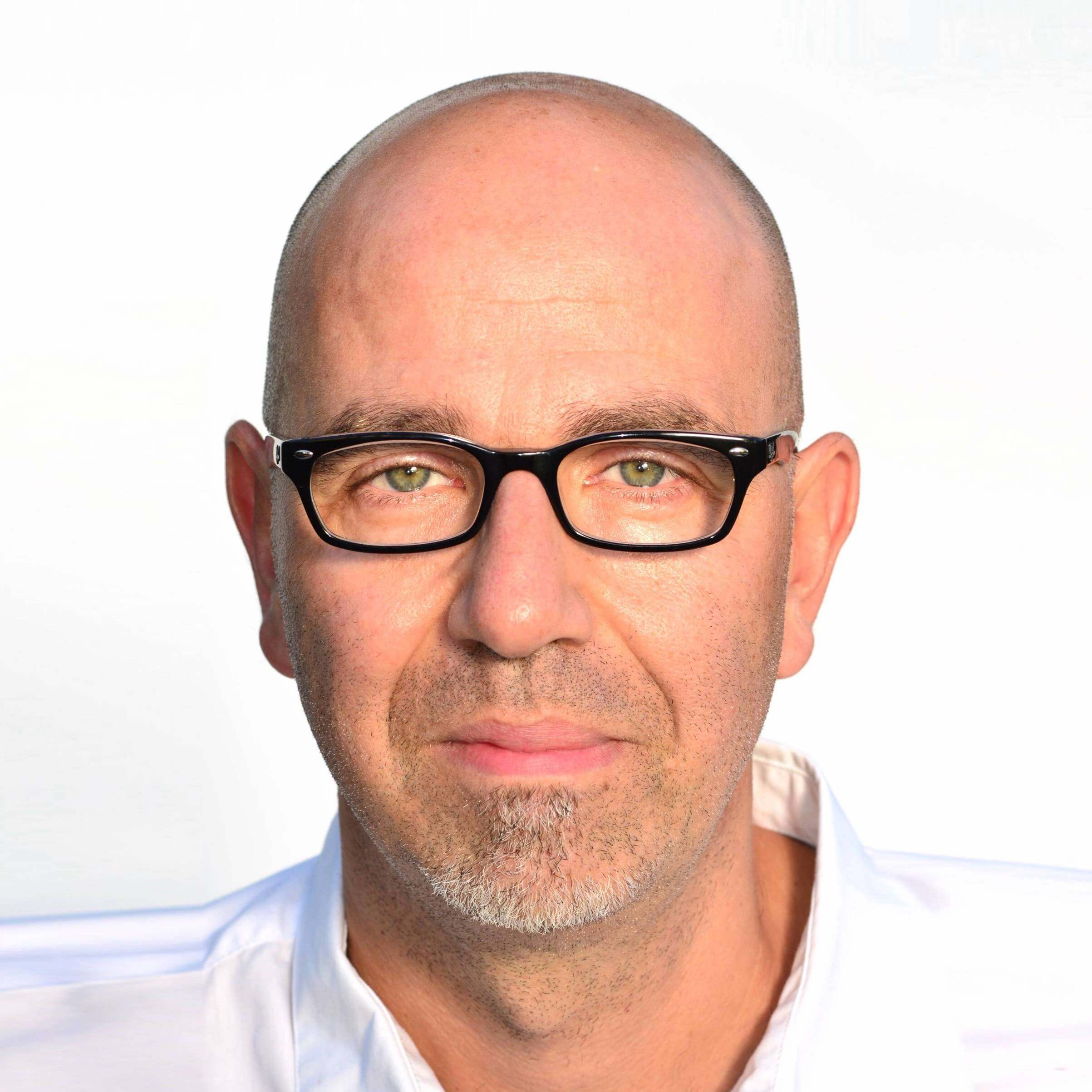
View Details
Burkhard Becher

Burkhard Becher
Institute of Experimental Immunology, Universität Zürich (Switzerland) • Burkhard Becher studied Biology at the University of Cologne in Germany. He conducted his graduate studies at McGill University in Canada followed by a postdoc at Dartmouth Medical School in the US. In 2003, he was recruited as Assistant Professor by the University of Zurich and in 2008 he became professor and chairman at the Institute of Experimental Immunology, where he heads the Unit for Inflammation Research. His research focuses on communication networks in inflammation and immunotherapy. He is a continuously “highly cited scholar” since 2018, was awarded numerous prizes and honors and has been recipient of the ERC Advanced grant in 2019.
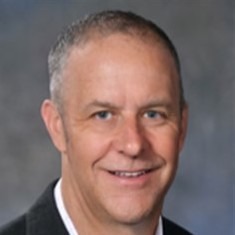
View Details
Benjamin Deneen

Benjamin Deneen
Baylor College of Medicine, Houston, Texas (USA) • Dr. Deneen completed his undergraduate studies in Genetics at University of California Davis and focused his graduate studies at UCLA in Cancer Biology, studying pediatric sarcoma. Switching gears for his post-doctoral fellowship, Dr. Deneen studied Developmental Neuroscience at the California Institute of Technology. In 2009 he started his lab at the Baylor College of Medicine in the Center for Cell and Gene Therapy and Department of Neuroscience. Over the past 14 years, Dr. Deneen’s lab has made seminal contributions to our understanding of glial development, the neuroscience of brain tumors, and glial control of brain circuit function.
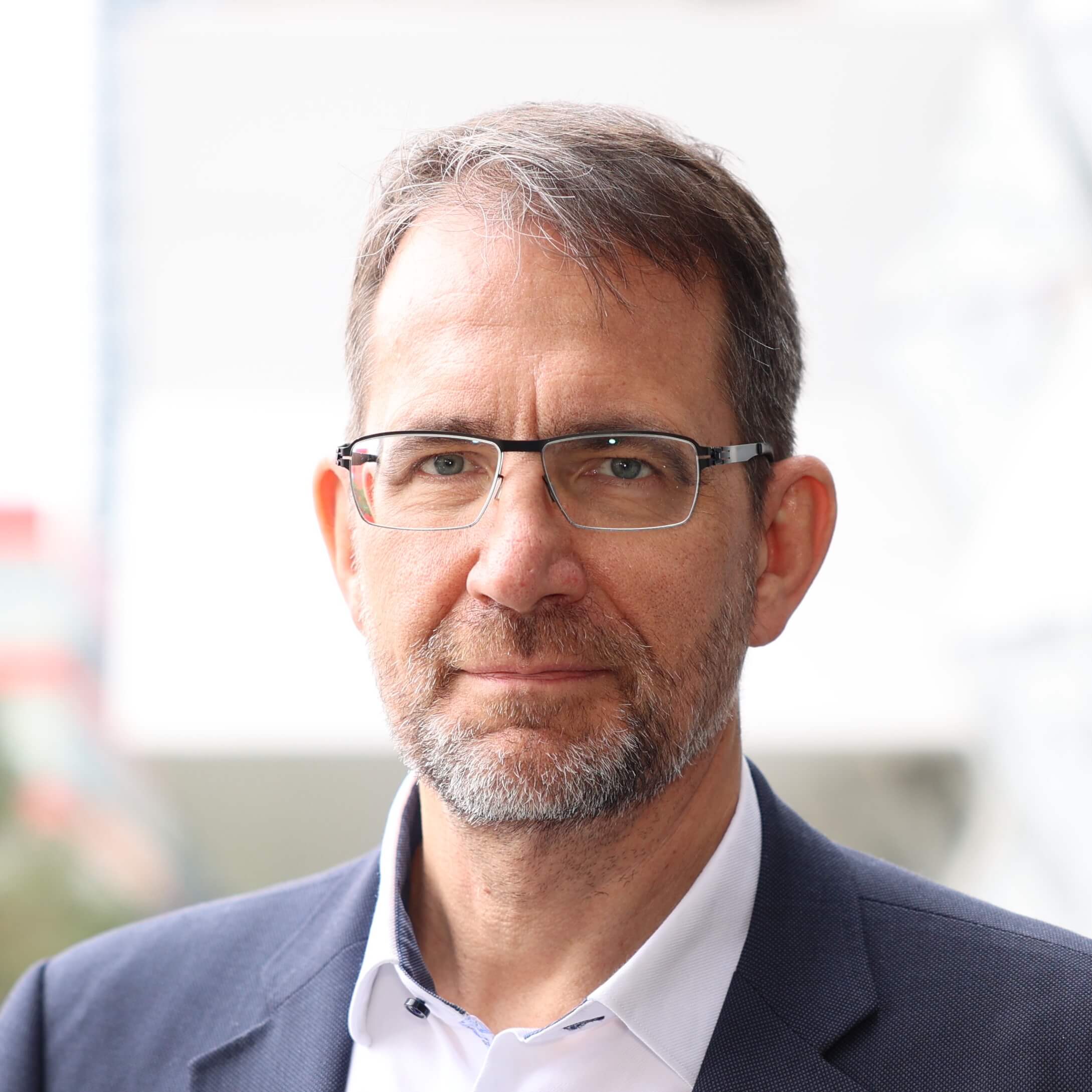
View Details
Michael Heneka

Michael Heneka
LCSB – Luxembourg Centre for Systems Biomedicine, The University of Luxembourg (Luxembourg) • Michael Heneka is a board-certified neurologist and clinician-scientist with over 25 years of experience in studying neurodegenerative diseases at experimental, preclinical and clinical levels. While the main focus of his work is related to dementia and Alzheimer’s disease, he has also been working on ALS and Parkinson’s disease. He established a neurodegenerative outpatient unit at both the University of Münster and the University of Bonn. From 2016 to 2021, he led the department of Neurodegenerative Diseases and Geriatric Psychiatry in Bonn. Since January 2022, he is the Director of the LCSB at the University of Luxembourg and Principal Investigator.
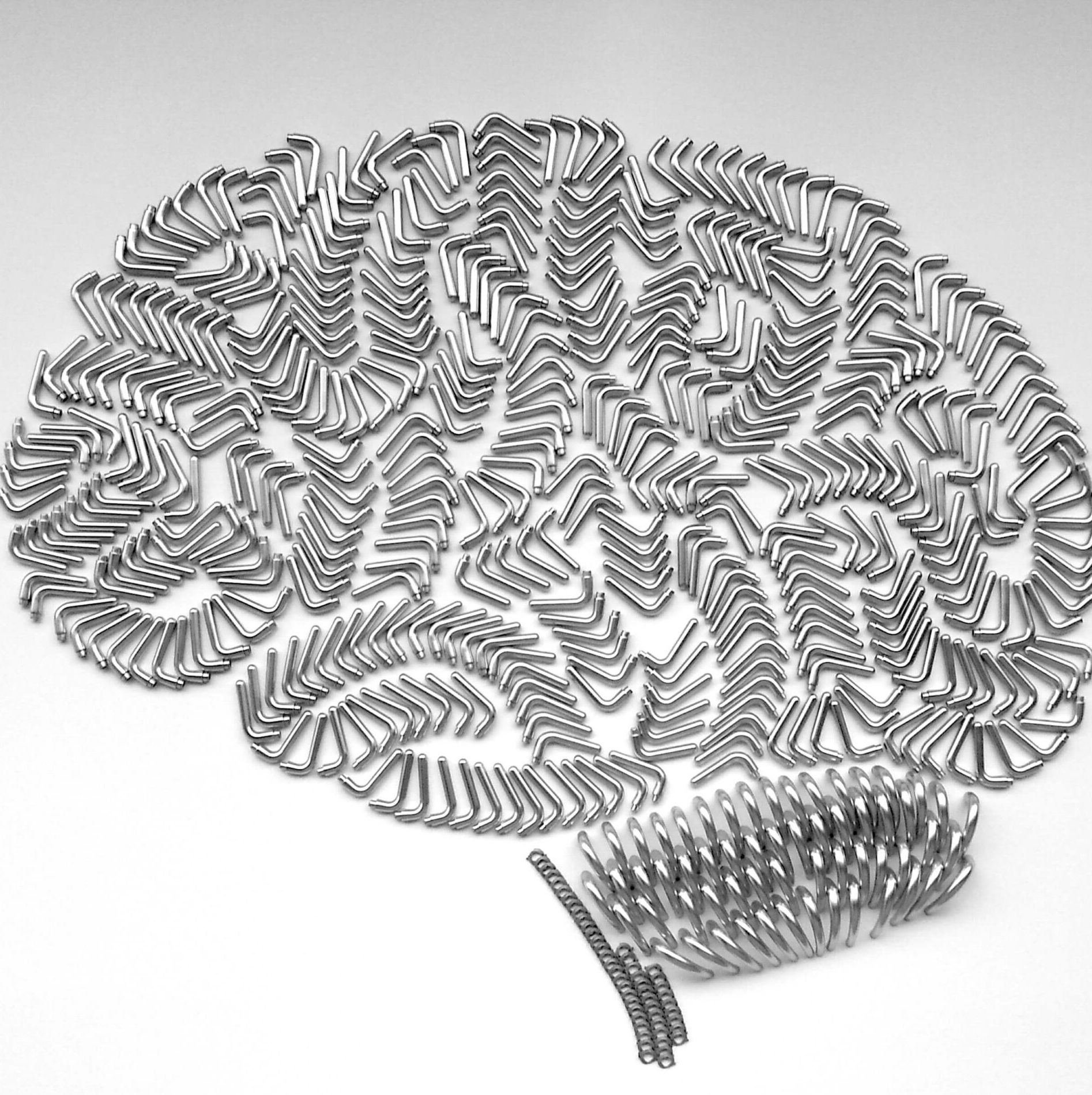
View Details
Simona Lodato

Simona Lodato
Humanitas University, Rozzano (Italy)
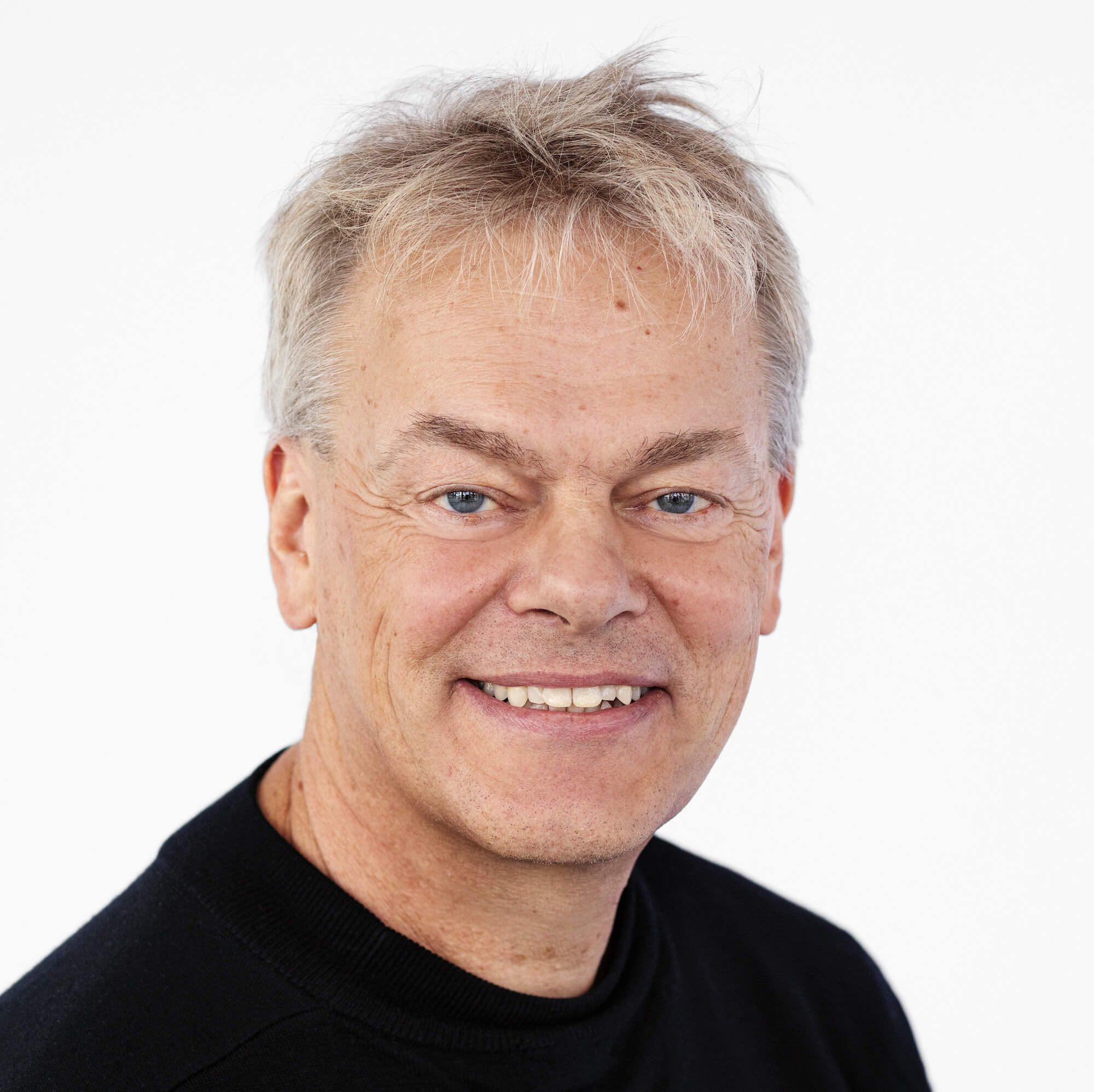
View Details
Edvard Ingjald Moser

Edvard Ingjald Moser
Kavli Institute for Systems Neuroscience, Norwegian
University of Science and Technology (Norway) • Edvard Moser is a Professor of Neuroscience and Scientific Director of the Kavli Institute for Systems Neuroscience (KISN) at the Norwegian University of Science and Technology (NTNU) in Trondheim. He is interested in neural network coding in the cortex, with particular emphasis on space, time and memory. His work, conducted in collaboration with May-Britt Moser since they started the NTNU lab in 1996, includes the discovery of grid cells, which provides clues to a mechanism for the metric of spatial mapping. Moser’s current focus is on unravelling how neural microcircuits for space and time are organized as interactions between large numbers of diverse neurons with known functional identity, a computational neuroscience endeavour that is significantly boosted by the technological development of Neuropixels probes and 2-photon miniscopes for freely-moving rodents -technologies that the Mosers have participated in developing. While the Mosers’ main focus is on the normal and healthy brain, their work has direct implications for our understanding of the etiology of Alzheimer’s disease, which at the earliest stages is characterized by neurodegeneration in the very same brain circuits for space, time and memory that Moser is investigating in normal brains.
Edvard Moser received his initial training at the University of Oslo under the supervision of Per Andersen and worked as a post-doc with Richard Morris at the University of Edinburgh and John O’Keefe at the University College of London. In 1996 the Mosers accepted faculty positions in psychology at NTNU. They founded the Centre for the Biology of Memory in 2002, the Kavli Institute in 2007, the Centre for Neural Computation in 2013, and the Centre for Algorithms in the Cortex in 2023. All Centre have or have had funding from the Norwegian Research Council’s Centre of Excellence scheme. The Mosers have received numerous scientific awards, including the 2014 Nobel Prize in Medicine or Physiology.
Edvard Moser received his initial training at the University of Oslo under the supervision of Per Andersen and worked as a post-doc with Richard Morris at the University of Edinburgh and John O’Keefe at the University College of London. In 1996 the Mosers accepted faculty positions in psychology at NTNU. They founded the Centre for the Biology of Memory in 2002, the Kavli Institute in 2007, the Centre for Neural Computation in 2013, and the Centre for Algorithms in the Cortex in 2023. All Centre have or have had funding from the Norwegian Research Council’s Centre of Excellence scheme. The Mosers have received numerous scientific awards, including the 2014 Nobel Prize in Medicine or Physiology.
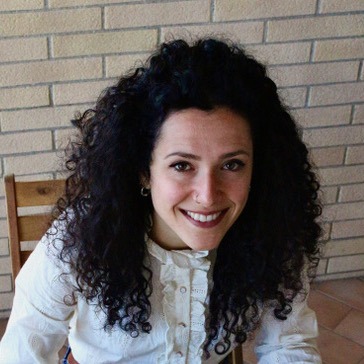
View Details
Marzia Munafò

Marzia Munafò
European Molecular Biology Laboratory (EMBL), Rome (Italy) • Marzia obtained her undergraduate degree in Biology and Master's degree in Genetics and Molecular Biology from Sapienza University. She graduated in 2015 with a master thesis on long non-coding RNAs in neuronal development in the group of Prof. Irene Bozzoni. Then, she worked as a Research Assistant in Prof. Richard Gregory's lab at the Boston Children's hospital, where she investigated the molecular mechanisms of RNA quality control in mouse Embryonic Stem Cells. In 2016, she joined Prof. Greg Hannon's lab at the University of Cambridge for her PhD, during which she investigated the mechanisms of transposon silencing mediated by small RNAs in the fly ovary. Since September 2020, she is a postdoctoral fellow in Dr. Jamie Hackett's group at the European Molecular Biology Laboratory in Rome, where she studies mammalian oocyte epigenetics. In parallel with her activity as a scientist, since 2020 she is also a scientific illustrator. She creates cover arts and illustrations for leading journals and laboratories worldwide, using unconventional visuals to depict and communicate science.

View Details
Gaia Olivo

Gaia Olivo
Psykologiska Institutionen, Göteborgs Universitet (Sweden)

View Details
Tommaso Pizzorusso

Tommaso Pizzorusso
Scuola Normale Superiore, Pisa (Italy)

